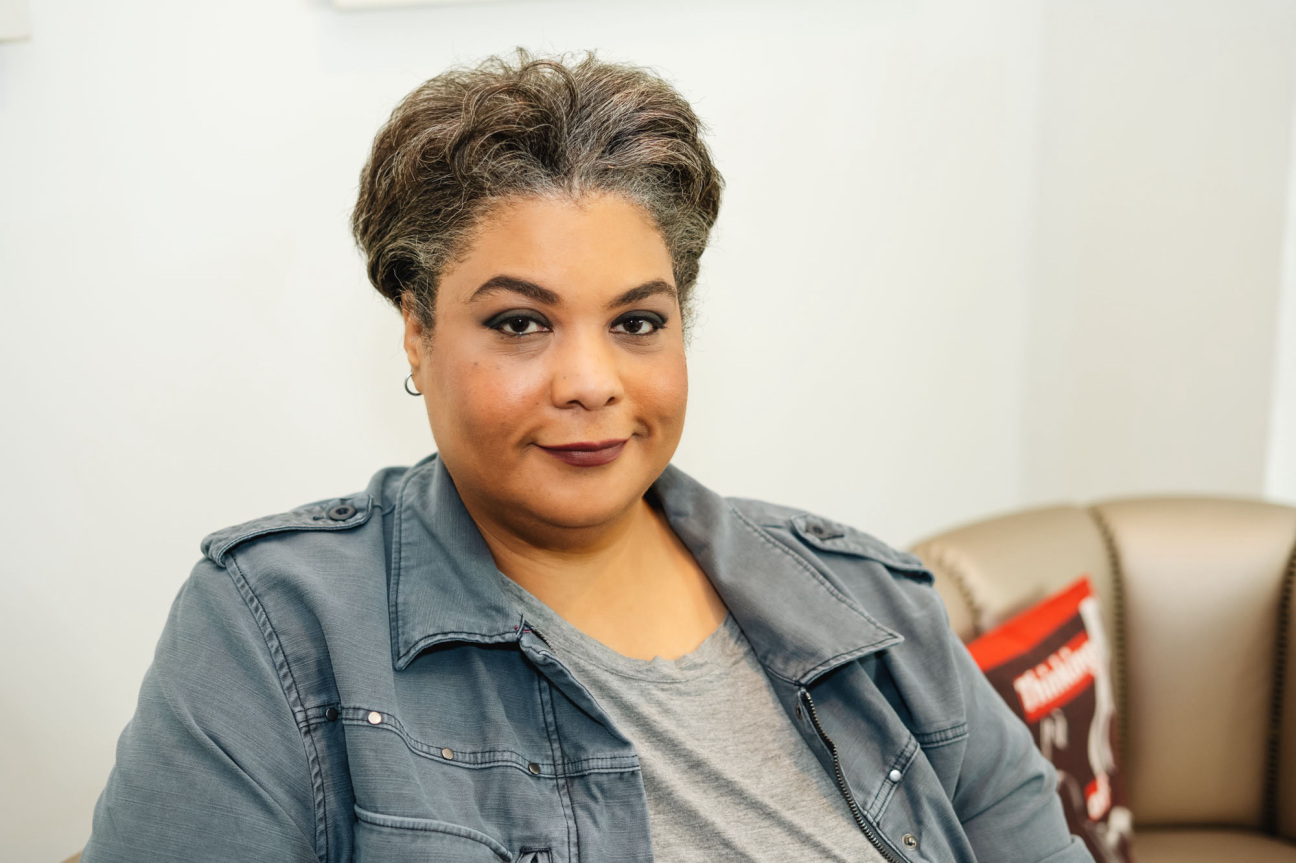
In her work as an essayist, academic, advocate, and speaker, Roxane Gay posesses a unique gift for holding a mirror to the systemic ills, spiritual rifts, and private little shames that permeate our culture. The Nebraska-born writer has never shied from unwieldy, charged, and personal subject matter—Bad Feminist, Gay’s 2014 book of essays, explores her relationship to feminism and the gendered form, while her achingly vulnerable 2017 memoir, Hunger, exhumes and untangles the relationship between past trauma and her body.
But despite the gravity of many of the issues she engages, Gay’s work is fueled by an enduring optimism. Like her fellow editor and writer Toni Morrison, Gay draws from traumas to reveal truths—candid or complex, joyful or painful. Her latest book, Opinions, features a selection of the writer’s most insightful and provocative essays from the past decade.
Its title, emblematic of Gay’s frank and succinct voice, is itself a form of resistence. “People really resent Black women having opinions,” she tells the actor Jada Pinkett Smith, who published her memoir Worthy last October, below, “because they don't think we deserve them.” To celebrate the book’s release, Pinkett Smith called Gay to discuss Morrison’s influence, the importance of dissent, and the wonderful chaos of married life.
Jada Pinkett Smith: Roxane, I have so much respect for [what you do].
Roxane Gay: Yeah, writing a book is fucking hard. In my head, the writing sounds brilliant! Then I reread what I typed, and I'm like, Hm.
Pinkett Smith: Why do you think it's important for a public intellectual like yourself to share your opinion on difficult topics?
Gay: I want to be one of many voices that people can turn to when they want guidance. I think diverse viewpoints are really important. I want to know what a range of people think and be exposed to other ideas.
Pinkett Smith: Why do people find the opinions of Black women so freaking offensive? I don't get it.
Gay: I don't either. All too often our opinions have been dismissed. People really resent Black women having opinions, because they don't think we deserve them. But Black women are often the canary in the coal mine. We say, “This is going to be a problem,” and people don’t listen. Then later, when it is actually a problem, they're like, “Oh, you were right.”
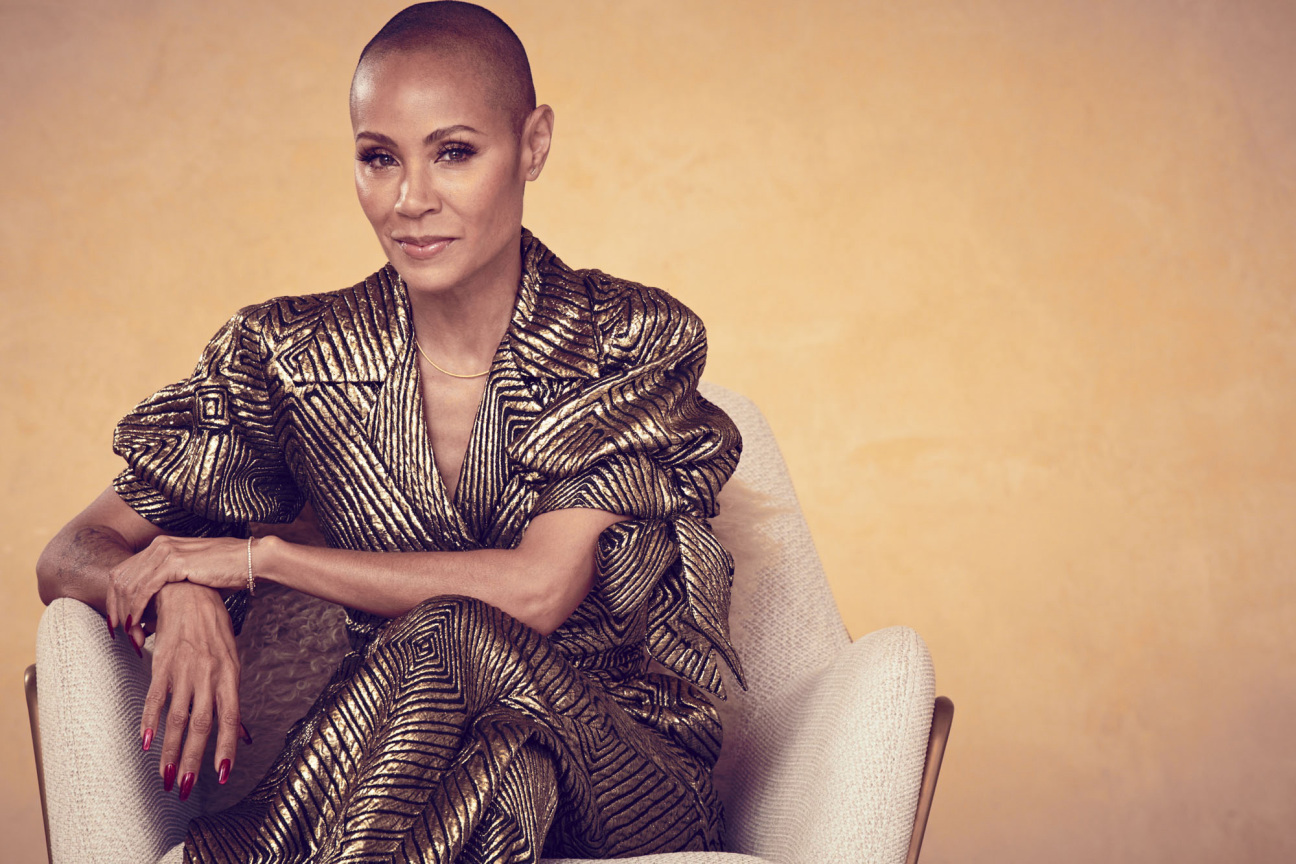
Pinkett Smith: Our opinions matter when we're advocating for others, but when we are speaking about our experiences specifically, then it's a problem. You write in “If ‘Je ne suis pas Charlie,’ Am I Bad Person?,” “I wish more people would understand that freedom of expression is not freedom from consequence.”
Gay: Freedom is a responsibility. I believe in freedom of speech. Truly, say whatever you want; it's not happening in a vacuum. What people often want is to say whatever and then not deal with any negativity. We have no control over the consequences. I wasn't saying that what happened to the staff of Charlie Hebdo was justified, because it wasn't, but it was a painful reminder that nothing happens in a vacuum.
Pinkett Smith: You don’t weaponize your opinions even though you have really strong ones. How do you do that?
Gay: An opinion is one point of view. I try to create space for people to engage with my writing and not feel isolated. They might feel judged, and that’s OK. I'm not gonna sit around with a Klan member and chat, but most people aren't extremists. I'm a Libra from the Midwest: I’m always seeking balance.
Pinkett Smith: People are being persecuted for their ideas and aren't given the freedom to speak about how they feel. Why do you think that’s happening?
Roxane Gay: Historically, it has always been difficult for certain groups to express their opinions, but I agree that it used to be easier to engage with difference. Partially, we are seeing a lot of extremes. In conservative politics, they are trying to erase most of us from public life.
Worse, people can't tolerate disagreement. The other day, I read a negative review of Beyoncé’s Renaissance concert—the author has been getting death threats. Do you think Beyoncé wishes death threats upon people with a critical opinion of her? Social media gives us proximity to the people that we only see in glossy magazines. You feel like you are having this parasocial relationship, like, Oh my God, that's my friend. That's not your friend. At some point, we forgot that we don't know most of the people that we are involved with in this shared virtual space.
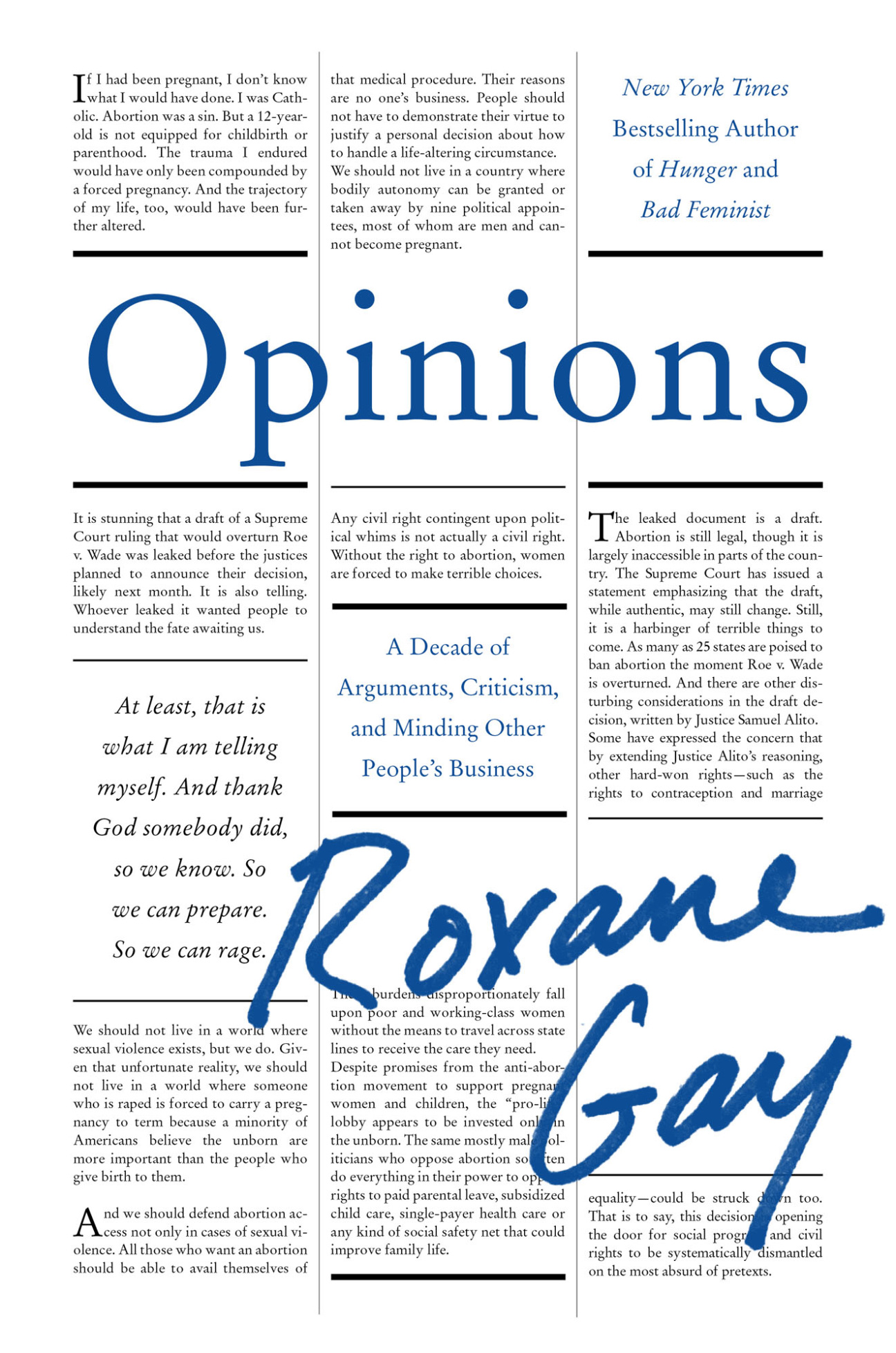
Pinkett Smith: When extreme things happen culturally, [people are] not encouraged to form their own opinions. What do you think that's about?
Gay: I think that when you see atrocity happening, people being killed in staggering numbers, you should say something. Sometimes I don't know what I think, or I don't feel the need to share it publicly. This idea that we have to demonstrate what we think in public for it to be valid is so misguided.
I have to wonder—why we are sitting around waiting to see what Justin Bieber, for example, thinks about the Middle East? People are looking for validation from those they admire. I'm sure you are asked all the time to weigh in on any number of issues, personal and political.
Pinkett Smith: A lot of times I have to be like, “I don't know enough, period.” I'm willing to take the heat, but there have been times when I've shared and I'm like, Damn if I had just waited a little longer… I've learned to resist the pressure of people going, “You gotta say something now.”
Gay: Absolutely.
Pinkett Smith: You and I are both huge fans of Toni Morrison. Talk to me about her influence on you as a writer.
Gay: I didn't read a lot of Black American literature until high school. I finally got exposed to this incredibly rich world, and one of the first writers I read was Toni Morrison and her novel Beloved. I've never seen enslavement written about in such a relentlessly brutal way, but it was beautifully conveyed. I read her entire body of work: The Bluest Eye, Sula, Jazz… In every interview, she offers something new; I never felt like she was reciting a script. I'm always telling my students, “If you read no other book, go read Beloved.”
Pinkett Smith: In your essay “It’s Time to Rage,” you shared some deeply personal events that happened to both you and your wife as children. How did you decide to include [her experience] in your writing? Even for me—as a public figure, we share lives with our loved ones who may not have chosen that exposure for themselves.
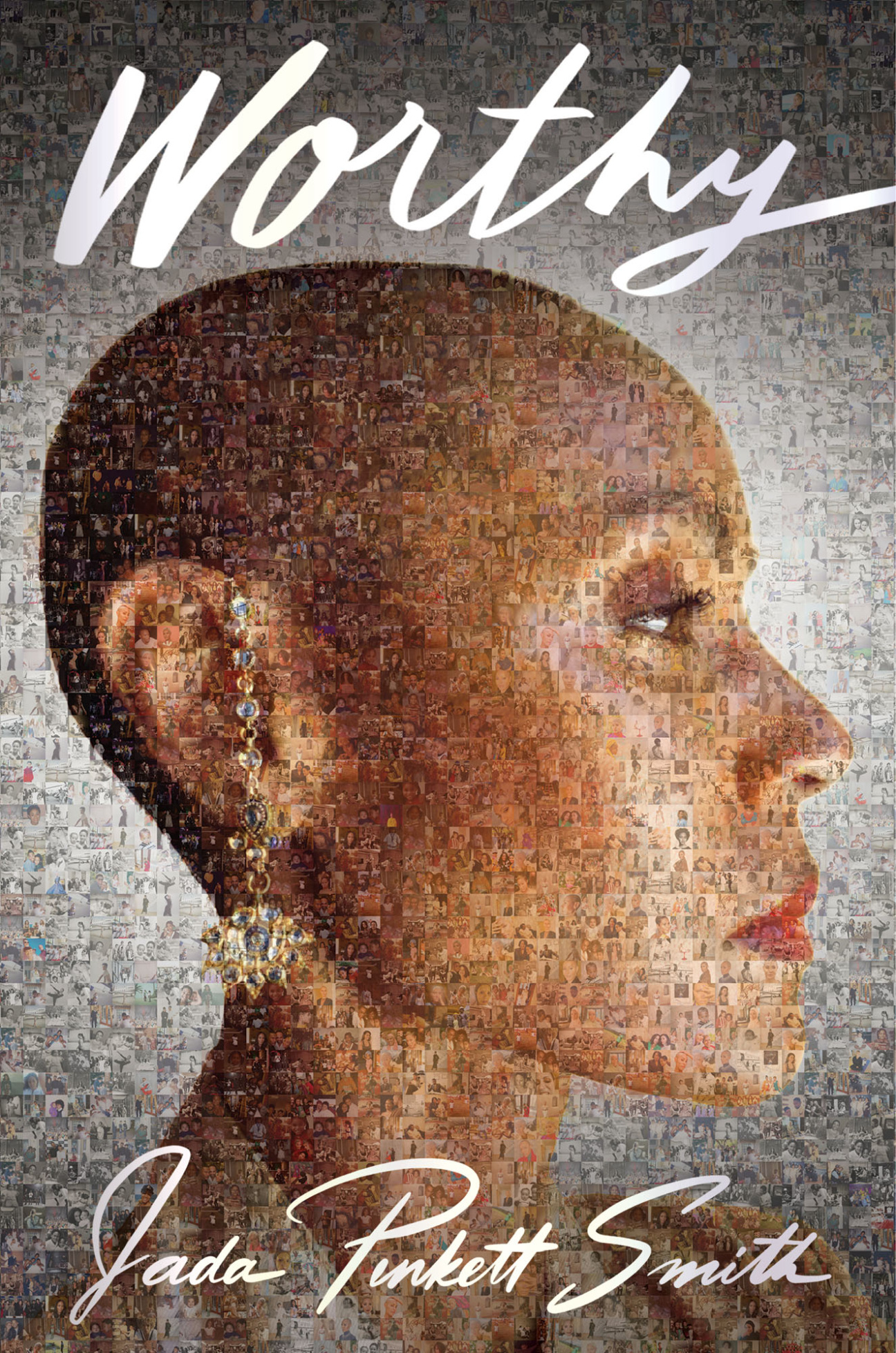
Gay: I choose to write from the personal. My parents are very private; they don't want to be in my work. I respect that, and there's nothing I need to unburden myself of so much that I would compromise my relationship with them. Certainly the same goes of my wife.
In this case, I asked her explicitly, and then I let her read the piece before I sent it to my editor. I can't put that out in the world in front of thousands of people without her consent. Fortunately, she's in a place where she has started to talk about those moments publicly. If she had said no about including anything, then that would have been it. I don't need her to explain why—she can tell me why if she wants—but why is not the point. “No” is the end of the sentence.
Pinkett Smith: You touched a bit on idealized love versus the real deal. So now that you’re married, what have you learned, Roxane?
Roxane Gay: Before I got married, I thought marriage seemed nice. My parents have been married for 51 years, and they still really like each other. That's one of the reasons I waited so long—I thought, It's just a piece of paper. A lot of queer people told ourselves that because we did not think marriage equality would happen in our lifetimes. The minute Debbie and I said, “I do,” I realized, Oh my goodness, now I am beholden to them, and they are beholden to me. My center of gravity completely shifted.
We've been married now for three years. It hasn't been perfect because we've had to deal with life—but every day is exciting. I wake up like, “What are we gonna do today?” Most of the time, the answer is, “Watch HGTV.” But when I have a problem, I can turn to her. When I have something great, she's the first person I want to tell. I love being her person.
She often says that we're making our own rules because we're based in two different cities. I'm in Los Angeles, and she's in New York. A lot of people don't understand that, but we don’t answer to those people. We're gonna live in two places, and we're gonna do it together, and our little dog is gonna come with us. I love that I am with someone who is open to making a life our own way and not following some sort of arbitrary textbook.
Pinkett Smith: Amen to that.

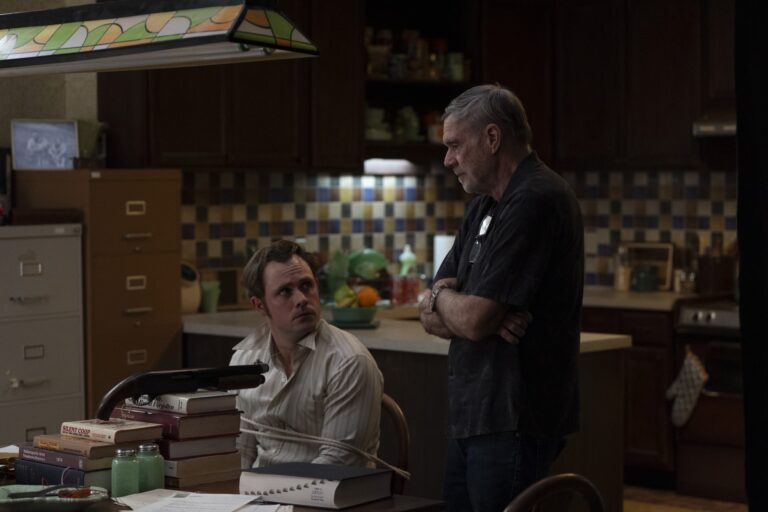
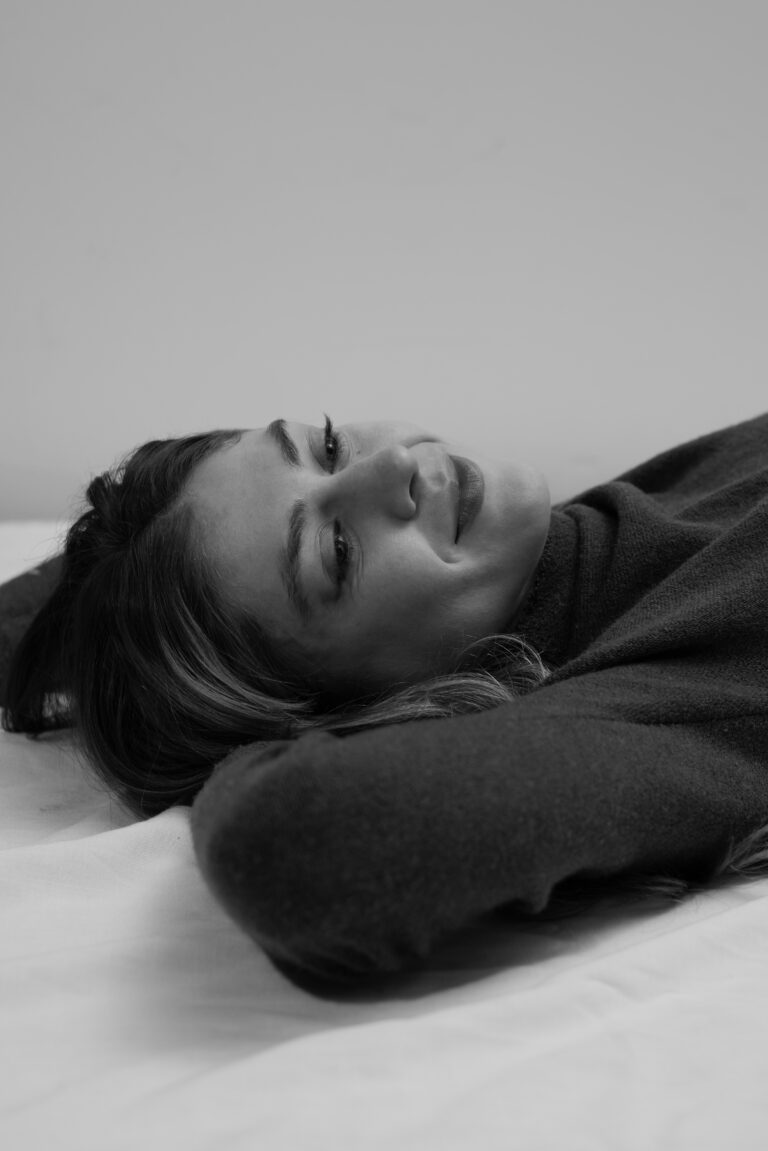
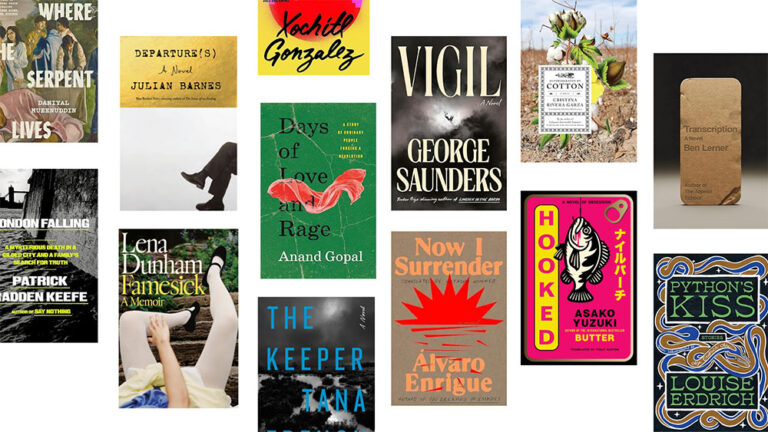
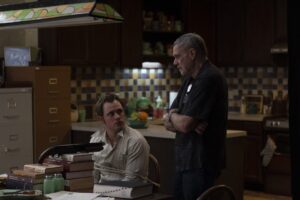

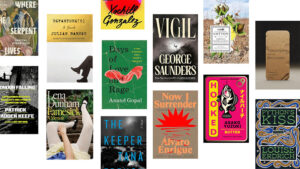



 in your life?
in your life?

